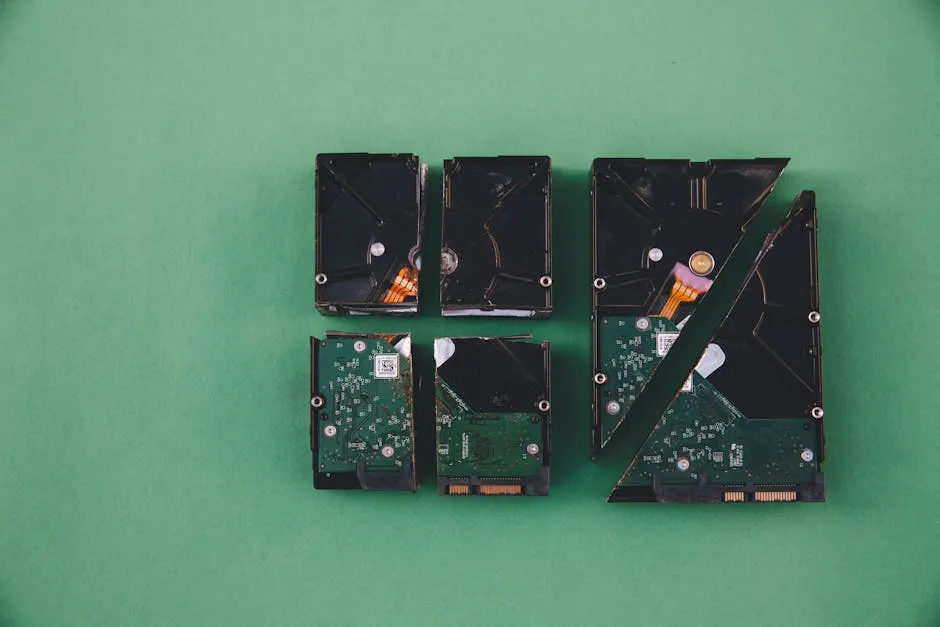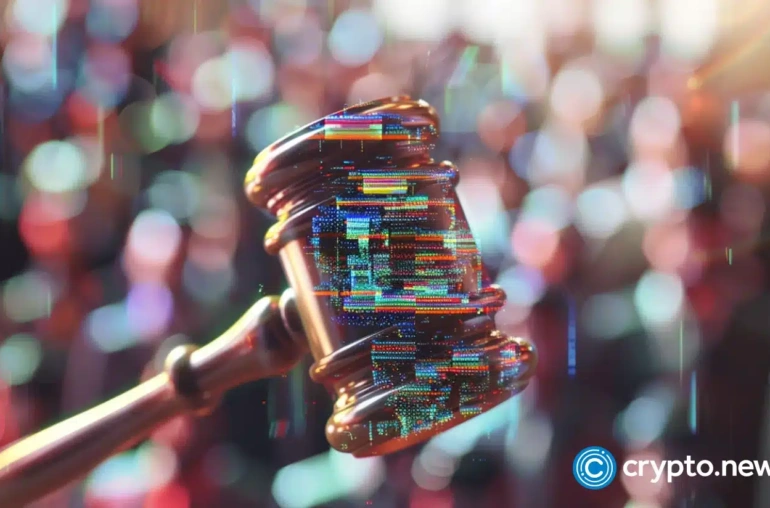
Appeals Court Rules FBI Not Liable for Wiping Hard Drive Containing $345 Million in Bitcoin
In a recent decision that has captured the attention of the cryptocurrency community, a U.S. appeals court has ruled that the FBI cannot be held responsible for wiping a hard drive that contained a staggering 3,400 Bitcoin, valued at approximately $345 million. This ruling came as a result of a case involving the hard drive’s previous owner, who failed to notify authorities about his possession of the digital currency.
The Background of the Case
The case centers around the hard drive belonging to a convicted individual who had been involved in illegal activities. After his conviction, the FBI seized various assets, including the hard drive. Unbeknownst to them, this device contained a significant amount of Bitcoin. However, the owner did not inform the FBI about the cryptocurrency, leading to its subsequent erasure during a routine process.
Understanding the Court’s Ruling
The appeals court’s ruling emphasizes the responsibility of individuals to disclose pertinent information regarding their assets, particularly in legal situations. The judges highlighted that the convicted owner had ample opportunity to inform the authorities about the Bitcoin but chose not to do so. As a result, the FBI was not held liable for the loss of the digital currency.
The Implications for Cryptocurrency Owners
This ruling serves as a cautionary tale for cryptocurrency holders. It underscores the importance of transparency when dealing with law enforcement, especially in cases involving seized assets. Owners must be aware that failing to disclose information can lead to unintended consequences, such as the loss of valuable digital assets.
The Future of Cryptocurrency and Legal Accountability
As the cryptocurrency landscape continues to evolve, legal frameworks surrounding digital assets are also developing. This case illustrates the complexities that can arise when law enforcement interacts with cryptocurrencies, especially in the context of criminal investigations. It raises questions about how authorities should handle seized digital assets and the responsibilities of individuals in disclosing ownership.
In summary, the appeals court’s decision reinforces the idea that individuals must be proactive in disclosing asset ownership during legal proceedings. The implications of this ruling may resonate throughout the cryptocurrency community, encouraging more transparent interactions between law enforcement and cryptocurrency holders in the future.



